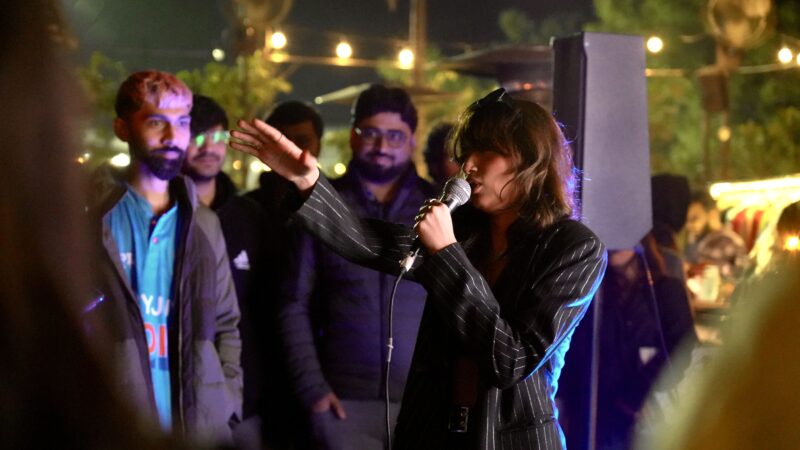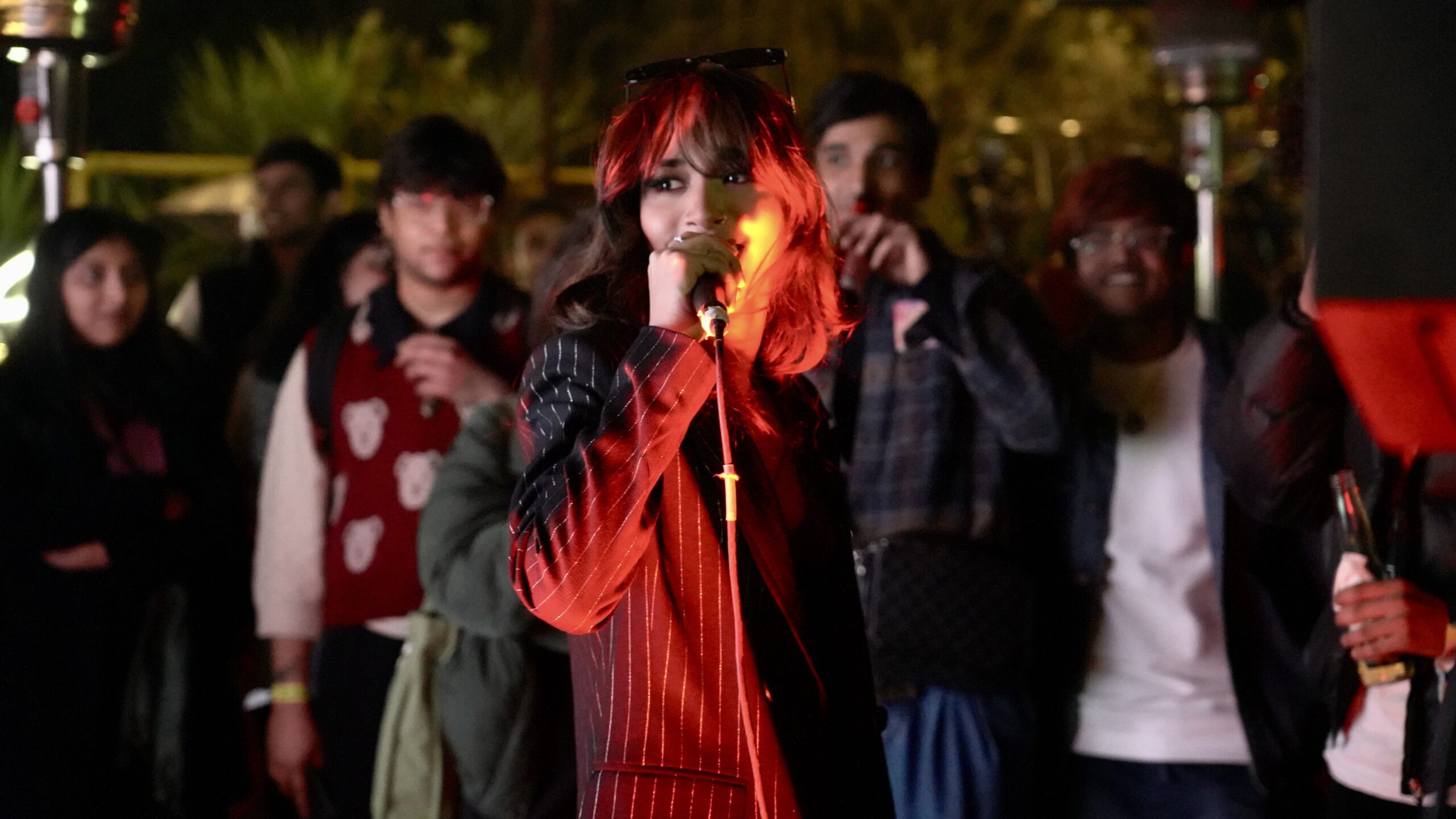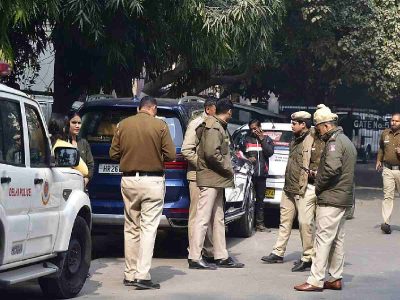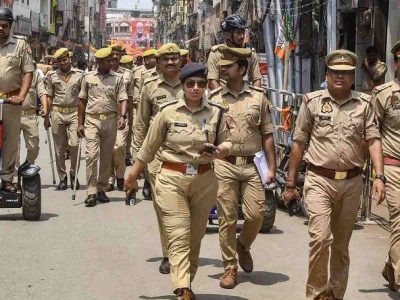Ending gender disparities and battling a male-dominated underground hip-hop culture, several women rappers are finding their voice and pushing the limits by entering the unfamiliar terrain in Delhi and other parts of India.
The underground hip-hop scene, which is male-dominated, has in recent times found many women making their name through their rapping skills, mesmerising voices and by penning down inner feelings and even raising certain issues in the form of rap.
Kriti, a young woman from Noida, began rapping in 2022 after developing an interest in it.
“I always used to connect with music and being a lover of music, rapping interested me the most. I was into singing and writing but rapping was a whole new perspective for me. I began listening to rap, understanding it. I began my journey in 2022 and started writing rap to express my feelings or emotions and what I felt within or for others,” Kriti told Patriot.
Women rappers receive less acceptance from people around, who try to overpower and dominate. These people can be from within the family or circle of friends, who do not see women as equal to menfolk.
“As the space is male-dominated, one cannot expect support in one go. For me, the obstacles were the norms set by society like women cannot be loud, rough and harsh, they have to be sober and cultured,” adds Kriti.
In most fields, women have been overlooked and misrepresented. However, the status of women is evolving. They are now constantly breaking societal stereotypes while living their dreams, creating a new form of empowerment and inspiring other women. But more needs to be done.
“Being born and brought up in Delhi is itself a challenge as all eyes are on you all the time. You are not safe. And the problem is not just in Delhi. It can be seen in most places. They say women are advancing and becoming modern and that they are getting equal opportunities in every field but it is an eyewash,” adds Kriti.
The underground hip-hop scene in India, however, is undergoing changes as it is accommodating more women’s narratives which is giving a new perspective.
The women rappers in Delhi-NCR are matching their male competitors while showcasing their skills. Reverberating in the underbelly of the Capital, the underground hip-hop spaces may be far different from the mainstream music industry, but they are as loud as the mainstream.
“As the male-dominated underground hip-hop culture is growing, more women are also joining it. When one connects with other artists, they share the same feelings, and experiences and try to co-relate and come out stronger in whatever conditions they have been put in.
“In the underground hip-hop scene, women are not always welcome and given space. It is always about breaking the shackles. People generally expect women to be cultured and sober and not as loud as male. They believe that women are not meant for this scene. But we, as women artists, take it all in our stride. You cannot expect support from everyone, whether your family or friends or male counterparts on the stage. We are changing the narrative and coming forward and showcasing our talent and ending all disparities. I cannot say hip-hop is accommodating enough but we have to be the change,” tells Kriti.
Mihika Mathur, a rapper from Gurugram, explains the problems women face while pursuing a career as rapper.

“Hip-hop is not seen as ideal for women and all the time they have to fight for their rights whether in terms of convincing parents or getting permission to go out. Initially, I too did not get enough support from my parents. I had to fight to get permission for travelling and participating in gigs as they thought hip-hop is not suitable for women. I grew up in a conservative family, and for them, the only path for their daughter is to live as per their expectations and not according to what she wants. If you live according to your wishes, then you can be boycotted or treated in a very ill manner.”
Mihika talked about the difficulties she faced while trying to convince her parents, who were adamant in asking her to find a job.
“My parents asked me to find a good job rather than shout from the stages. For them, music cannot be a profession but just a hobby which won’t pay the bills or won’t help me find a suitable husband. But I am living the way I wanted and one day, my parents will be proud of me and be supportive. I am not losing hope. I have broken the shackles. I rap and portray my feelings through it and it is a therapy,” says Mathur.
The likes of Kriti and Mihika have proved that women are rising in the underground hip-hop scene in Delhi, showing potential and breaking all limitations while loudly chanting the verses they want to.





